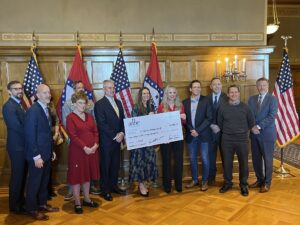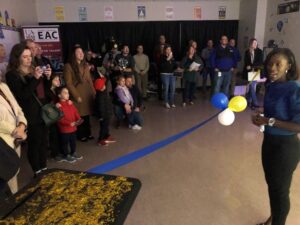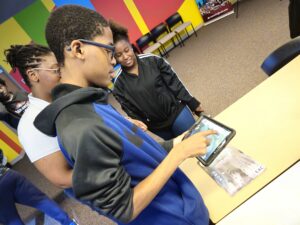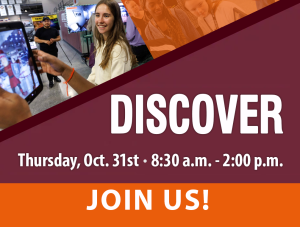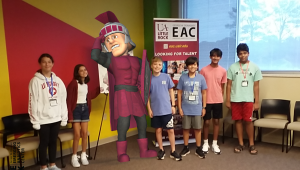February 4, 2019
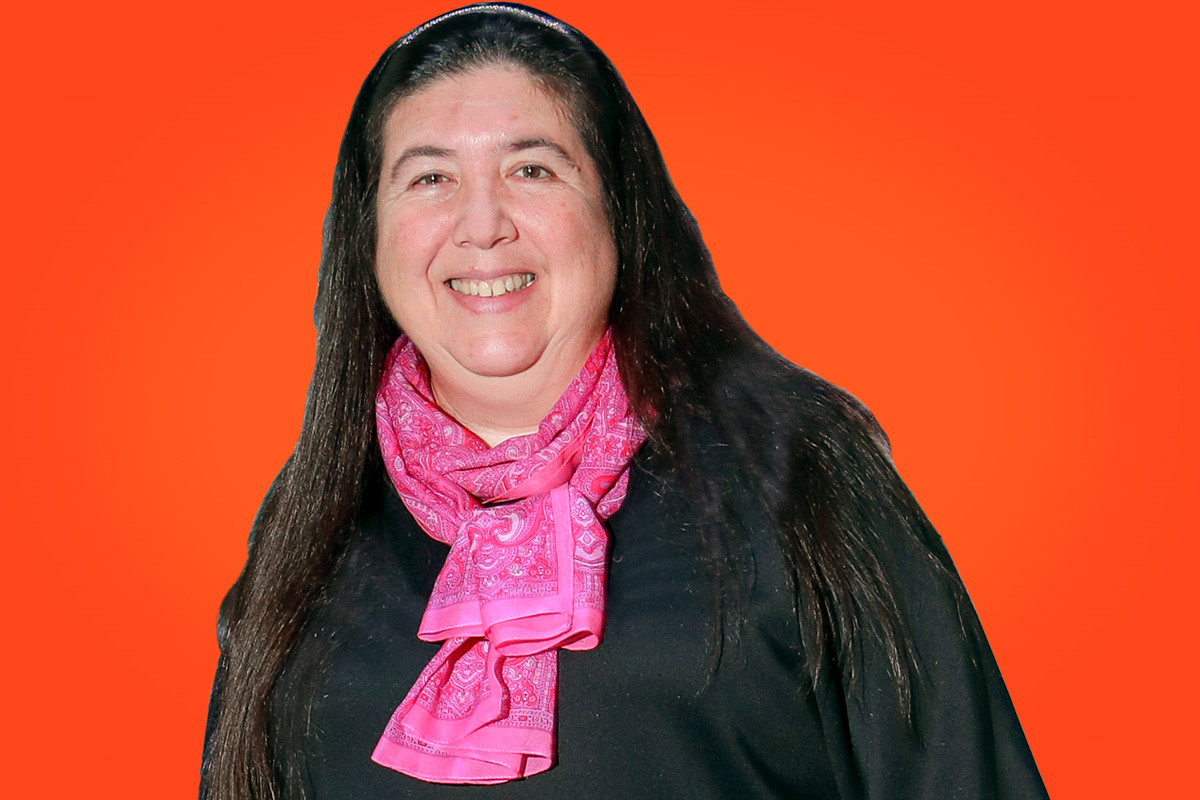
Carolina Cruz-Neira is a pioneer in virtual reality and interactive visualization, known globally for creating the CAVE virtual reality system and for VR Juggler, an open source VR application development environment. She has received multimillion-dollar awards from the National Science Foundation, the Army Research Lab, the U.S. Department of Energy and others.
Cruz-Neira has a bachelor’s degree in systems engineering, cum laude, from the Universidad Metropolitana in Caracas, Venezuela, and a master’s degree and Ph.D. in electrical engineering and computer science, both from the University of Illinois at Chicago. She was named last year to the National Academy of Engineering for her contributions to immersive visualization.
How does the Emerging Analytics Center avoid teaching technologies that may become obsolete before or shortly after students graduate?
The EAC is not an academic department, so we do not teach in the conventional academic department manner, offering classes. We teach our students, whom we pay to work with us, by being part of the teams of faculty and research scientists who solve problems through applied research. Our work always uses the latest technologies but is based on a fundamental understanding of both technology and human capabilities, so we don’t just use what we have or what’s cool; we use or build the best possible solution. We don’t just follow trends; we make them. Part of our mission is to do groundbreaking work, developing new ways to solve problems.
When do you expect virtual reality equipment and software to be as commonplace as computers?
Virtual reality has been used in industry much more than the public realizes since the late 1990s. The main change right now is that the price of entry is making it much more accessible. However, the fundamental limitation that most systems still have is that they are limited to a single user. As soon as you put on the headset you lose all contact with the real world, both your body and the people and environment around you. Because of that, communication and social interaction are very limited and not very effective.
For business but even more so for education, I strongly believe this social face-to-face interaction is critical, so until that is solved widespread adoption will be limited. We at the EAC are working on making these social virtual reality systems more affordable and accessible.
How and why did you become an expert in VR?
I have a dual background in engineering and art. Early in my career I tried to find a way to blend both. I started doing my graduate work in computer graphics, and around 1990 intersected with one of the early exhibits of VR technology and I knew that was “it.”
It is a highly technical discipline, but also requires artistic intuition to create compelling virtual spaces. When I experienced it, through goggles or helmets, the space felt alien as I was leaving myself and my reality behind. I developed a VR technology based on projection systems, so instead of wearing a VR device, the room becomes the device and everybody in that room can naturally blend themselves into the experience.
What is the next big project your team will be working on with an industry partner?
We have several big projects going, two with Arkansas companies, one with a European firm. They address how virtual reality and augmented reality and data analytics can help companies offer better products with shorter product development cycles. We’re exploring how engineering design methods can be data-driven through visual analytics. Students are excited to be developing these innovative approaches.

